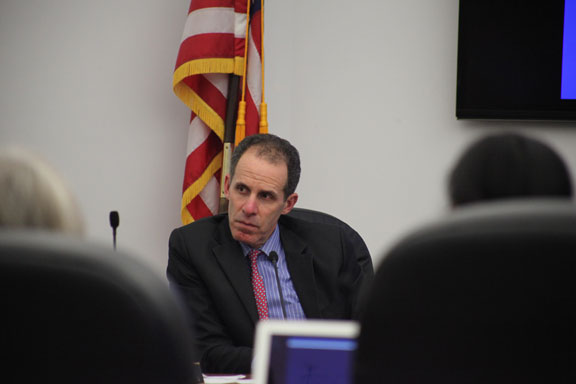With Roughly 1.6 Million Getting Free Healthcare, Courtesy of Taxpayers,
Republican Reps. Lyons and Lombardo File Bill to Reform MassHealth
by Chanel Prunier
Chanel Prunier is the Executive Director of the Renew Massachusetts Coalition and
former National Committeewoman for the Massachusetts Republican Party.
There are tens of thousands of families all across the state that celebrated school vacation last month. Some stayed home, being frugal, saving money. Some traveled, unconcerned about rising costs. And some (small business owners in particular) took the time to consider moving in search of a lower cost of doing business, ahead of what might be dramatic tax hikes.
Some working class families here in Massachusetts can’t afford to travel due to the increasingly rising costs of living here, but I want to let them in on a little secret—go ahead and take that vacation next time, because you can probably qualify for MassHealth.
Once considered a program for the very poor and unemployed, large expansions of MassHealth (Medicaid) have resulted in 1.9 million Massachusetts residents receiving taxpayer subsidized healthcare, with roughly 1.6 million getting it completely “free” (or paid for by the taxpayers).
Individuals who once purchased their insurance through their employers with a standard group plan are being encouraged by our state government to switch their coverage to “better” care, paid for by Uncle Sam and the taxpayers of Massachusetts. A family of four making $72,000 a year can qualify for MassHealth and dramatically reduce its out-of-pocket costs by relying less on its own paychecks and more on state government. Government grows, taxes go up, more people get added to the social service system, and legislators are more deserving of those big pay raises they voted themselves this year.
The cost of going down this path has ballooned the state budget, with Medicaid now comprising almost half of the budget, a whopping $19 billion out of $40 billion in our tax dollars. Beacon Hill politicians recently decided they needed to do SOMETHING, but instead of restricting eligibility, encouraging folks to go back to employer-sponsored care, or requiring anything of current Medicaid enrollees, they proposed increasing taxes—on employers. A new tax of up to $2,000 per employee on businesses that do not offer healthcare insurance.
Regardless, this tax/fee “solution” is unfair, penalizing those businesses who are doing the right thing. It doesn’t address the underlying cause of the problem, namely the expansion of MassHealth beyond a program for the ultra-poor and disabled to one increasingly targeting working-class and even middle-class people.
Rep. Jim Lyons (R-Andover) and Rep. Marc Lombardo (R-Billerica) have sponsored a series of budget amendments and stand alone legislation to provide a true fix to the problem. Their reform plan caps Medicaid spending, so enrollment cannot just grow out of control.
The Lyons-Lombardo plan reforms eligibility requirements to redirect the program’s focus to those who are truly poor. It requires individuals offered employer insurance to enroll in that, rather than going on MassHealth and taking taxpayer-paid insurance—restoring a provision of the Massachusetts insurance system in effect before costs ballooned. It requires that enrollees be working or seeking work, and it requires those whom MassHealth covers to share in the cost by paying minimal premiums on a sliding scale based upon income or poverty level. The plan re-allocates $1 billion to our health safety net to make sure no one falls through the cracks of the system, and will continue to serve the health needs of all our state’s populations. Finally, it institutes a MassHealth Control Board—like the one currently reforming the MBTA—to get at the heart of MassHealth’s dysfunction to turn it around.
With the adoption of our current system, the Legislature and Governor Patrick created an unsustainable plan. We need to completely change course and re-prioritize the way we handle taxpayer dollars. The Lyons’ plan takes the first step in that direction, while also increasing funds for important items like opioid addiction programs.
At the heart of this debate is a fundamental question about government—is it good to steadily add to the number of people dependent upon government for their healthcare? Then access it for “free,” paid for by taxpayers? Liberals in the Legislature will tell you, yes, because they benefit electorally when the number of people accessing state services grows.
Conservatives will argue that a voting citizenry enamored of personal responsibility, hard work, and the inherent dignity of providing for oneself and one’s family are central to a thrifty, well-run government that helps those in need while being burdensome to no one. We should not encourage people to simply enroll in MassHealth because they can get something for nothing. For the vast majority or residents, it should be a temporary stop while they get back on their feet. Our legislators have been provided a roadmap to make it that way again, and taxpayers, as well as stakeholders all across the healthcare system, should encourage them to take it. ¨





